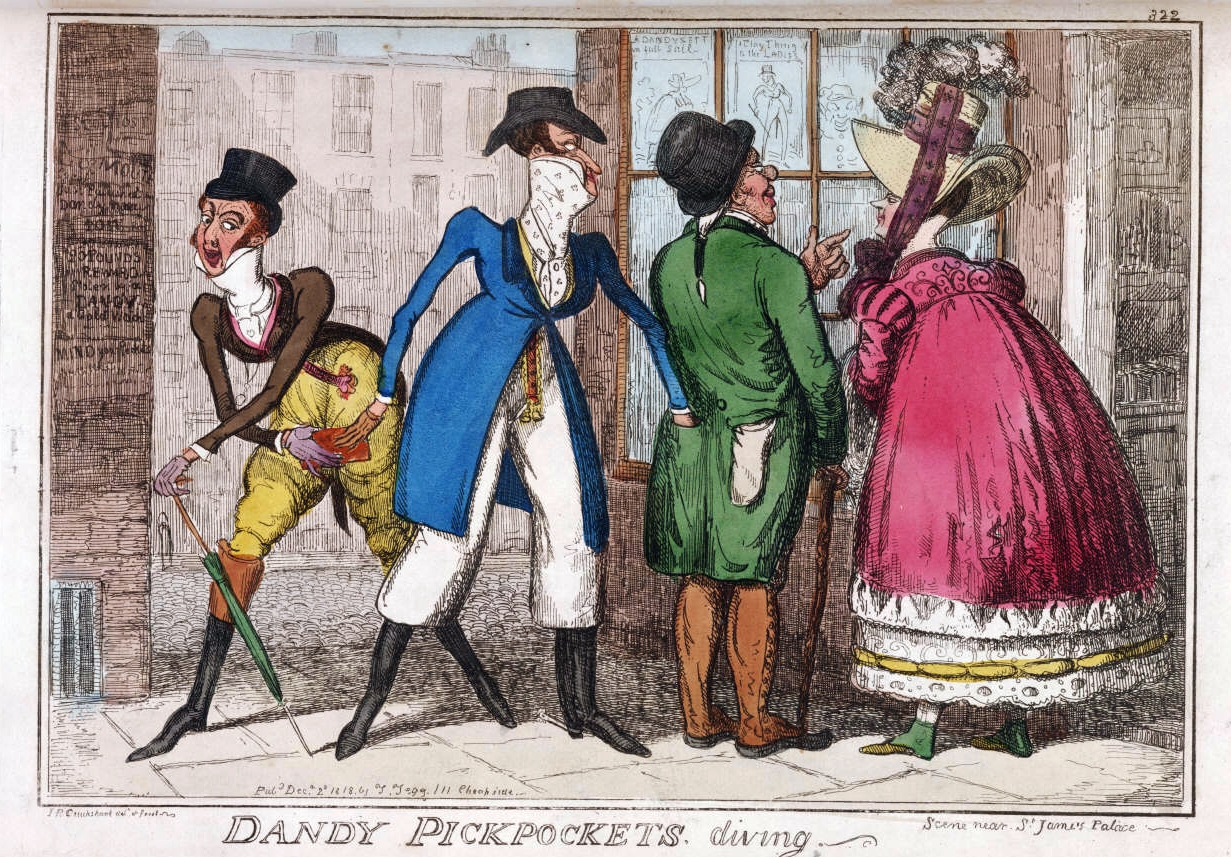“Rabbi Yohanan said: When a person robs his fellow even the value of a perutah [penny], it is as though he had taken his life away from him, as it is said, ‘So are the ways of everyone that is greedy of gain, which takes away the life of the owners thereof’ (Proverbs 1:19)” (Babylonian Talmud, Bava Kamma 119a).
The Torah instructs us not to steal or deal dishonestly (Leviticus 19:35-36). Most people would affirm that not stealing and not cheating are important moral principles and, if asked, would deny engaging in such practices. Yet the tradition realizes that it is not grand theft but the category of petty theft that involves the average person. As Rabbi Yohanan says above, in the eyes of the tradition there is not such thing as petty theft.
The consequences of theft are twofold: one on the victim, and one on the thief. The victim is deprived of something that was hers. The thief is burdened with the knowledge that he has done something wrong. The thief then enters a world (even if only temporarily) of fear of discovery and of corrupting self-justification.
“It’s Only a Penny”
One justification is to say that it is “only” a penny–that is, to posit that what was stolen is not valuable or important to its owner. In truth, we seldom have an accurate idea of a thing’s value or importance to its owner. Related to this justification are the claims that the owner is rich and therefore the item won’t be missed and perhaps that the thief deserves it more.
With your help, My Jewish Learning can provide endless opportunities for learning, connection and discovery.
How often have you heard someone say that it is okay to do x because “they” are a large corporation? Whom does it hurt to use a cable descrambler in order to get pay TV channels for free? This justification misses the point. Whether the one being cheated is an individual or a corporation, as the tradition points out, any theft is wrong.
“Everybody Does It”
Jewish tradition is also concerned with the impact of theft on society. Taken together, small petty thefts create a social norm accepting or even approving of such activities. This is the “everybody does it” syndrome. As members of such a society, we participate in stealing by indirectly supporting it.
I remember unloading our truck of household goods when we moved to Manhattan and being approached by someone who wanted to sell me a color TV of unknown provenance. The tradition understands the consequences of buying stolen goods: The end result is a general corruption of the social fabric.
Justifying Theft Requires “Othering” the Victim
The tradition is also concerned with the welfare of the thief. Theft is a corrupting process supported by two factors: escaping punishment and justifying thievery. Certainly, one deterrent to stealing is the fear of being caught. First, you steal a penny, then, if you get away with it, you think it is “safe” to steal more. The second factor is the thief’s need to create a justification to explain why it is permissible to steal. One justification, already mentioned, is that the one being robbed is so wealthy that the thing being stolen will not be missed. There are many other justifications, of course, but they all rely on a process of “othering” the intended victim.
For the rabbis in premodern times, the “other” was non-Jews, hence they taught:
“Torah was given only to hallow God’s great name, as it is said, ‘God said until me: You are My servant, Israel, through whom I shall be glorified’ (Isaiah 49:3). [By your deeds, you will glorify me among all people.] Hence, the sages said, a person should keep away from dishonesty in dealing, whether with Jew or Gentile; indeed with anyone in the marketplace. Besides, a person who steals from a Gentile will in the end steal from a Jew; a person who cheats a Gentile will in the end cheat a Jew; a person who swears [falsely] to a Gentile will in the end swear [falsely] to a Jew; a person who acts deceitfully toward a Gentile will in the end act deceitfully toward a Jew…..” (Tanna de-Vei Eliyahu).
One understanding of this text would suggest that it is worse to steal from a Jew than from a Gentile, but it can also be demonstrating how we allow ourselves to cross moral boundaries by creating distinctions. By treating the victim as “other,” theft is easier to justify. If “they” are not the same as “you,” then they are lesser an you are more deserving.
Obviously, once you begin to steal you are on a slippery slope. The tradition therefore teaches that there is no justification for stealing, not even to right a wrong. Thus:
“Once, four hundred jars of wine belonging to Rav Huna turned sour. The sages came to visit him and said, ‘Let the master examine his [past] actions.’ He asked them, ‘Am I suspect in your eyes?’ They replied, ‘Is the Holy One suspect of imposing judgment without justice?’ He said to them, ‘If anyone has heard something against me, let him speak up.’ They replied, ‘We have heard that the master does not give his tenant his [lawful share of] vine shoots.’ Rav Huna replied, ‘Does he leave any of them for me? He steals them all!’ They said to him, ‘That is exactly what the proverb says: ‘Even if you steal [what is your own] from a thief, you are also a bit of a thief.’ He said to them, ‘From now on, I pledge myself to give them to him.’ Some say that then and there the vinegar turned back into wine” (Babylonian Talmud, Berakhot 5b).
Reprinted with permission from A Book of Life (Schocken Books).
Torah
Pronunced: TORE-uh, Origin: Hebrew, the Five Books of Moses.



